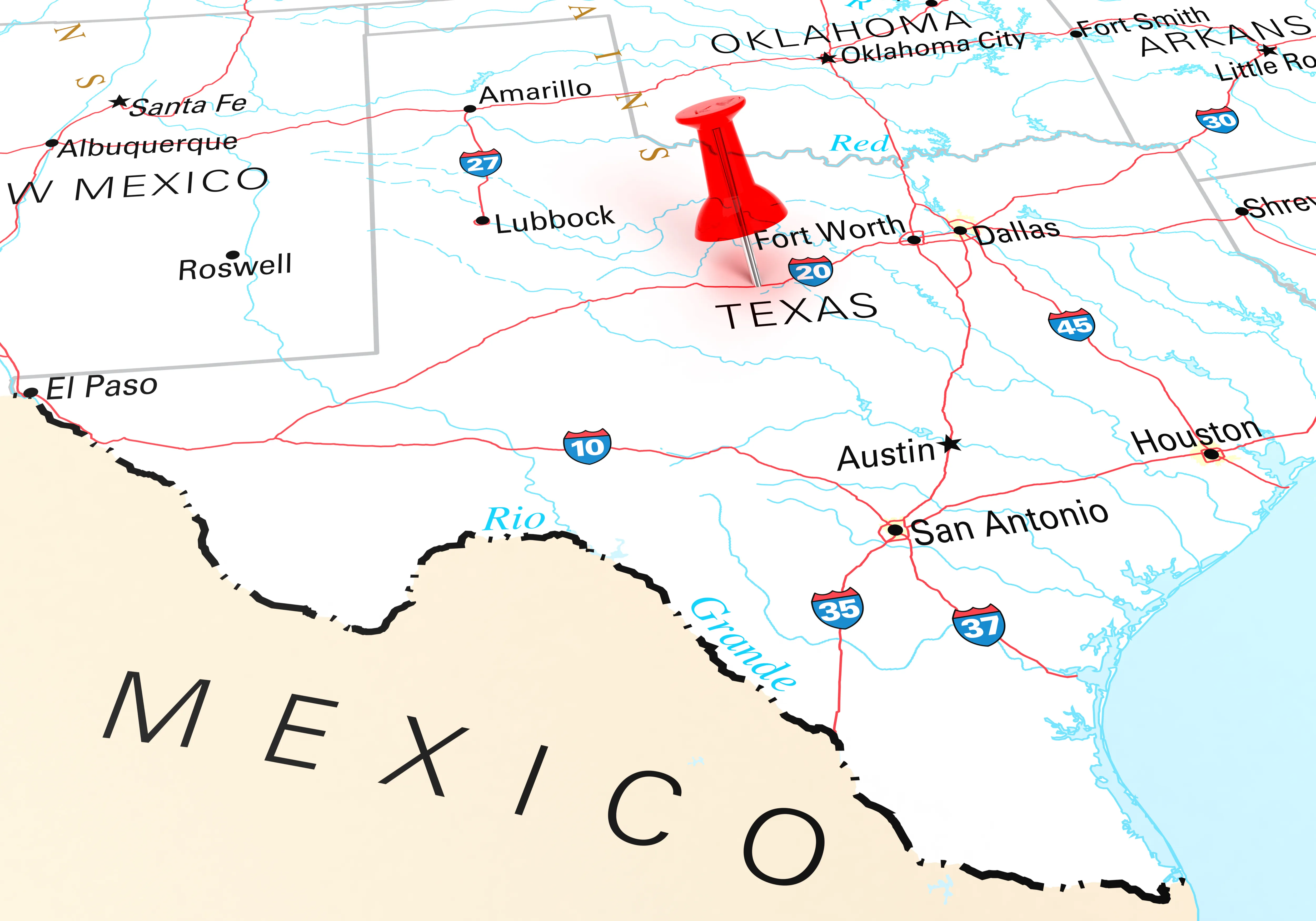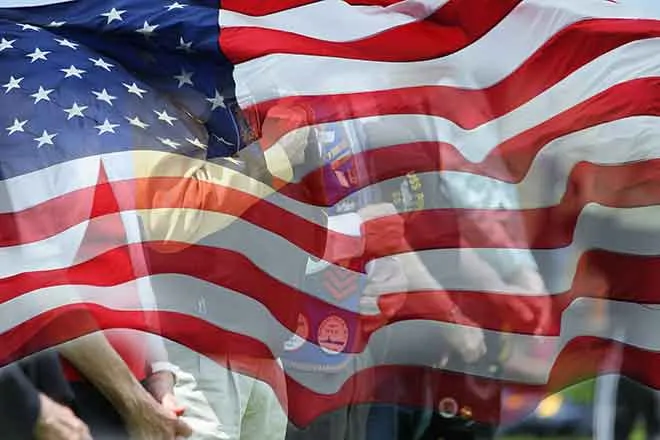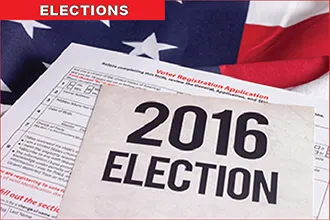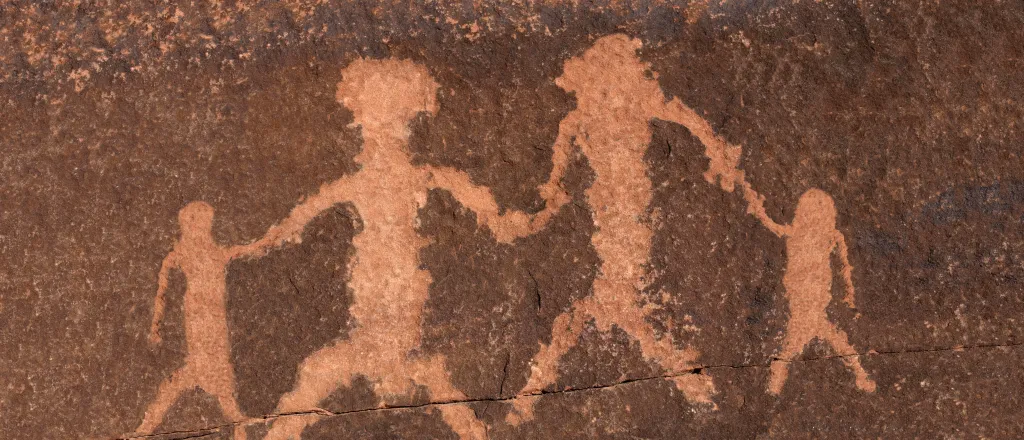
With SCOTUS order, North Dakota Tribal advocates feel good about legislative districts
Click play to listen to this article.
As North Dakota's new legislative session takes shape, Indigenous voters in certain political districts will maintain their representation, after a decision by the nation's highest court. Advocates say the timing was critical. The case stemmed from recently created subdistricts meant to boost tribal representation on the Forth Berthold and Turtle Mountain reservations.
Local GOP officials sought to overturn the boundaries, arguing they discriminated against non-Natives, but the U.S. Supreme Court this week declined to take up those arguments.
Nicole Donaghy, executive director of North Dakota Native Vote, said it's a relief that legal issues won't be top of mind.
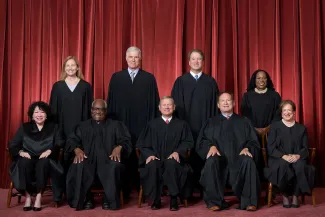
Memebers of the Supreme Court of the United States 2022 - WIkimedia - Public Domain
"That's something that is a positive going into this legislative session for us. We're able to focus on legislation, not litigation," she explained.
One of the areas in question is District 4-A, currently represented by Lisa Finley-DeVille. Donaghy said having her as part of the Native delegation in Bismarck helps in areas such as protecting natural resources. A separate case is still pending about legislative district gains for other Tribal areas in North Dakota.
Arguments in that case were heard last fall, and the Native American Rights Fund says if the state is successful in overturning those other boundaries, there could be new map considerations. Donaghy added that even though the next redistricting won't be until after the 2030 Census, these legal fights serve as a reminder for Tribes to organize and maintain progress.
"Because it only happens once every 10 years, it's not always at the forefront of everybody's minds. And so, I really see that having Native American legislators does give our communities in North Dakota - albeit we are a small portion of the population - that level of representation within these decision-making bodies," she continued.
Sections of the federal Voting Rights Act are often central in these redistricting cases. Lawyers for Tribal plaintiffs note the law was meant to shield against efforts to dilute the voting power of marginalized populations. However, as the Brennan Center for Justice points out, these protections have been eroded by other Supreme Court decisions.





